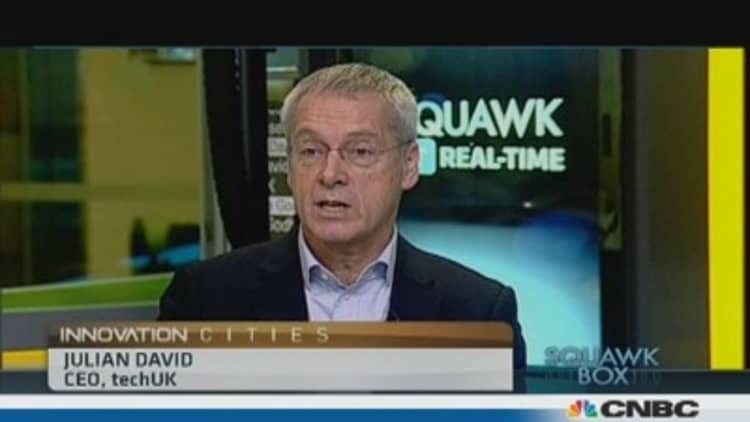A new design process, Building Information Modelling (BIM), is overhauling the way cities are planned, designed and constructed.
Today, architects, engineers and city planners are able to test out designs and assess their impact upon the urban environment in minute detail -- all before laying a single foundation.
The significance of BIM is not just restricted to the construction side of things – using it can highlight the economic and social implications of a building's or city's design.
(Read more: Secret gardens for city spaces)
Take the construction of a skyscraper, for example. BIM allows those involved in its planning and design to see how it might affect, "the way wind moves on the street, and therefore change the experience of the retail shopper, and thereby the experience for a local business," Emma Stewart, Head of Sustainability Solutions at Autodesk, a design software company, said in a report for CNBC's Innovation Cities.
Vancouver, Canada, is one place that has used BIM software to create a 3D models that have enabled the city to help maximize sustainability and prepare for future projects.
(Read more: Latest innovations for the future's eco-cities)
One example of BIM's use in the Vancouver area is the Port Mann/Highway 1 Improvement Project, which includes the construction of a new bridge, the widening of the existing highway and safety improvements. It made extensive use of BIM technology during the design process. Using huge amounts of data, BIM allowed engineers to create models and see how existing infrastructure would be affected by the new project.
Using software such as BIM, cities such as Vancouver are no longer 'building blind' – as well as saving money.
"Without that model…they would be spending huge amounts of money on various economic assessments, on various environmental impact reviews and sometimes even having unintended consequences: taking the leap and investing in an infrastructure project that they then regret," Stewart added.

(Read more: Hamburg and Songdo: Two cities tackling sustainability)
The increasing importance of BIM is also creating new, specialized roles in the construction industry. "We're seeing a new data revolution," Professor David Philp, head of BIM at Mace, an international construction and consultancy company, told CNBC.
"We're using data more and more, and it's actually reshaping jobs," he added. "What we're seeing is the creation of roles such as a BIM manager, a data manager, people who essentially mine big datasets to make these well informed decisions for clients."
And it's not just construction that will benefit from sophisticated software such as BIM. "It's essential. I mean we've found that what's happening is the whole of [the] supply chain, almost every industry, is now enabled by tech," Julian David, CEO of techUK, told CNBC's Squawk Box Tuesday.
"This industry, like many other industries, is only going to be able to be competitive worldwide and meet…modern requirements by using this technology, the same thing applies in another number of industries, such as financial services," he said.
Follow us on Twitter: @CNBCWorld




